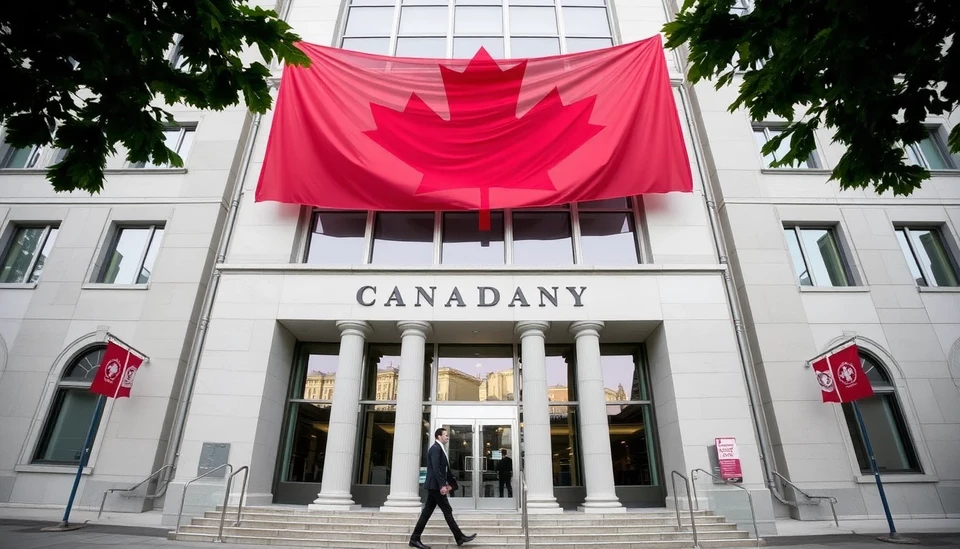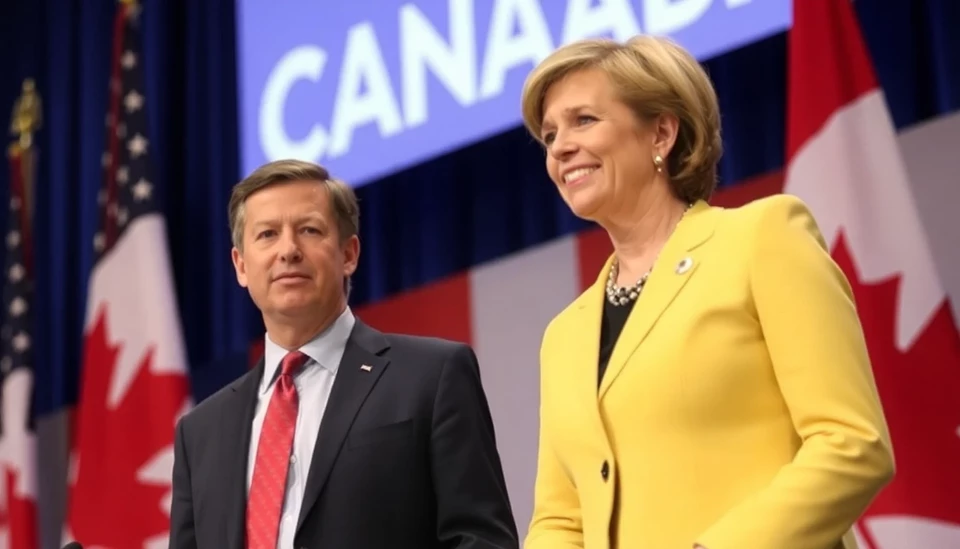
In a significant economic development, Canada has recorded a notable decrease in inflation, with current figures dropping to 1.6%, marking it as the lowest rate since early 2021. This decline has raised expectations among economists and financial analysts regarding potential, more substantial interest rate cuts by the Bank of Canada.
The new inflation figure, revealed in recent reports, contrasts sharply with the soaring rates experienced over the past few years, which saw inflation surpassing 8% in mid-2022 due to mixed economic pressures, including supply chain disruptions and the aftereffects of the global pandemic. The recent dip in inflation is intriguing, especially given that it occurred despite continued geopolitical tensions and global economic uncertainties.
Experts attribute this easing inflation to several factors, including a steady decline in energy prices and a reduction in food price inflation. The Bank of Canada has maintained a focus on curbing inflation, despite challenges posed by external variables such as fluctuating oil prices and international trade tensions. This commitment is expected to influence monetary policy discussions in the near future.
With inflation now comfortably below the Bank of Canada’s target rate of 2%, analysts believe that there is now room for the central bank to consider more aggressive measures to further stimulate the economy. Some market observers predict that a significant rate cut could be on the horizon, potentially in upcoming policy meetings scheduled for the end of the year.
This economic shift has stirred optimism among businesses and consumers alike. A reduction in interest rates could lead to more accessible borrowing conditions, encouraging spending and investment, which are crucial components for sustained economic recovery. However, some caution remains among economists, as they stress the importance of maintaining a balanced approach to ensure the long-term stability of the economy.
In summary, Canada's inflation rate reduction to 1.6% represents a turning point for the nation's monetary policy landscape. As discussions surrounding further rate cuts intensify, many are keenly watching how the Bank of Canada responds to this newfound economic data, considering the delicate balancing act of fostering growth while anchoring inflationary pressures.
As more developments emerge, industry stakeholders and the public alike will be keen to see how these potential policy changes might impact purchasing power and overall economic health moving forward.
#Canada #Inflation #InterestRates #BankOfCanada #Economy #FinancialNews #MarketTrends
Author: Daniel Foster




